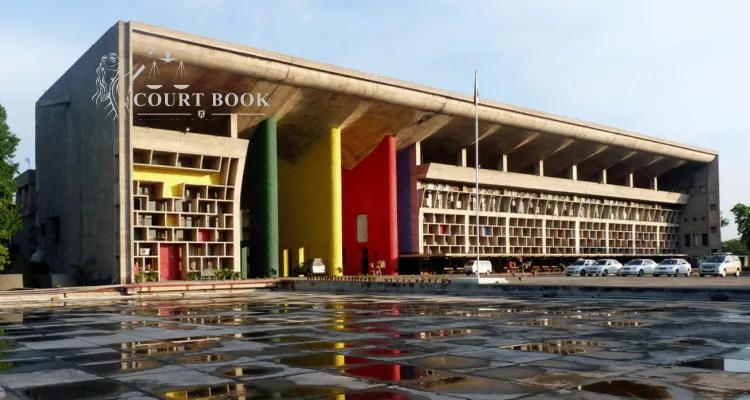The Punjab & Haryana High Court emphasized the role of equitable justice while allowing a student to complete her Diploma in Elementary Education (D.El.Ed) despite initially lacking a mandatory qualification. The Court underscored that legal norms should not be applied rigidly to undermine fairness, especially when no fraud or malafide intent is involved.
Case Background
Jasmeen Kaur, the petitioner, was admitted to the two-year D.El.Ed course at Shaheed Bhagat Singh College of Education in 2022 under a Punjab government notification. The eligibility criteria mandated passing Class X with subjects including Hindi. However, Kaur had not cleared Hindi in Class X at the time of admission. She later appeared for the Hindi exam as an additional subject and passed it in May 2023.
Read Also:- Patna High Court Quashes FIR: Breathalyzer Test Alone Not Enough for Alcohol Conviction
Despite fulfilling the requirement retroactively, the Director of the State Council of Educational Research and Training (SCERT) canceled her admission in June 2024, citing her initial ineligibility. Kaur challenged this order, arguing she had already completed 1.5 years of the course and had acted in good faith.
The bench of Chief Justice Sheel Nagu and Justice Sumeet Goel scrutinized whether canceling her admission at such a late stage was justified. The Court acknowledged that while Kaur lacked the Hindi qualification during admission, she rectified it before the cancellation order. Importantly, no evidence suggested fraudulent intent or collusion on her part.
“Equity demands that the individual should not be subjected to disproportionate hardship solely on the basis of a technical defect at the inception… Legal procedures must advance fairness, not rigidity,” observed Justice Goel.
The Court relied on the doctrine of proportionality, weighing the adverse impact on Kaur against regulatory objectives. It noted that canceling her admission after 1.5 years of study would cause undue hardship, especially since she had invested significant time and effort.
Referencing the Supreme Court’s judgment in Ashok Kumar Sonakar vs. Union of India (2007), the bench affirmed that eligibility must align with the cut-off date for applications. However, it highlighted the writ court’s duty to prevent injustice through equitable remedies.
“The writ jurisdiction must be wielded as an instrument of justice, not pedantic formalities… Actus curiae neminem gravabit (an act of the court shall prejudice no one) applies here,” the Court stated.
The Court quashed SCERT’s cancellation order, permitting Kaur to complete her course. It mandated authorities to include her in the remaining training programs. However, it cautioned:
“This ruling is confined to the peculiar facts of the case and shall not be treated as precedent.”
The Court also directed action against the college for erroneously admitting Kaur, emphasizing accountability for institutional lapses.
Mr. H.S. Batth, Advocate for the petitioner.
Mr. Saurav Khurana, Addl. Advocate General, Punjab for respondent Nos.1 to 3 and 5.
Case Title: Jasmeen Kaur v. State of Punjab and others














